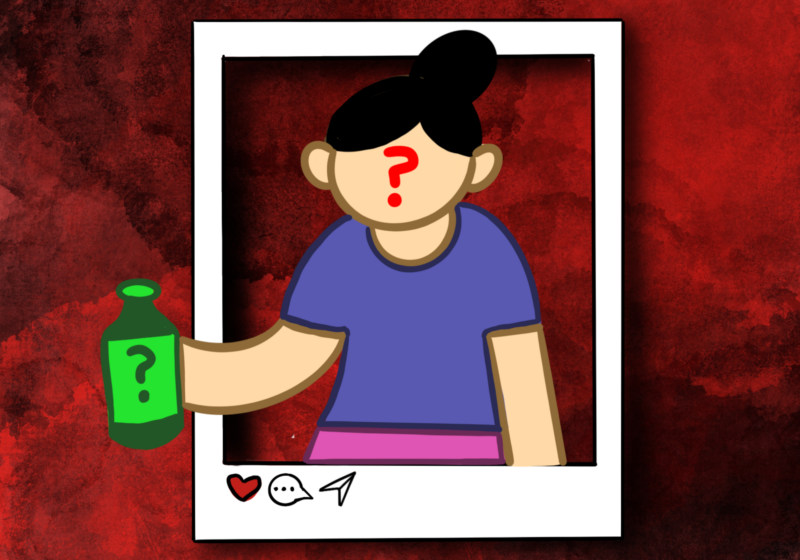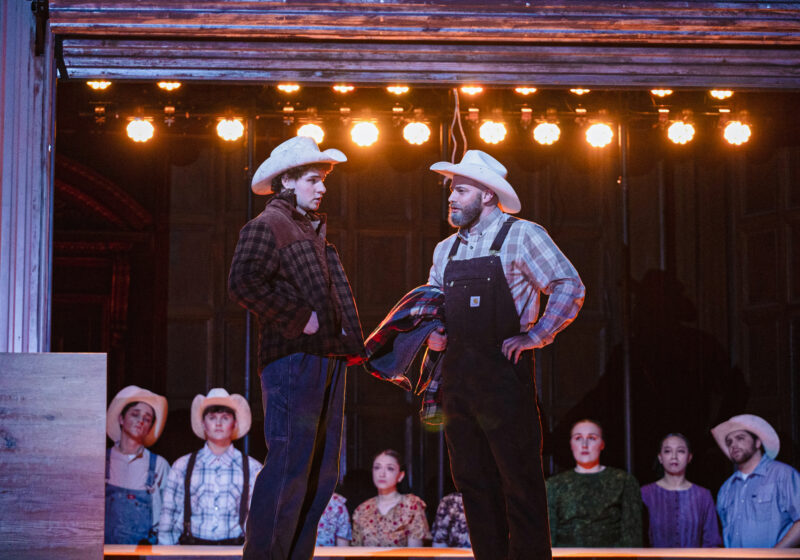This year’s ESPY Awards brought to light one of the most powerful sports stories of our generation. Sadly, it is also one of the least known.
Maybe a few of you soccer diehards have heard of George Weah before he received this year’s Arthur Ashe Award – for work that transcends sports. For those who have not, you need a lot of catching up.
Weah is the best soccer player to ever hail from the continent of Africa, and one of the best strikers to ever play the game. In 1995, “King George” became the only player to be named the African, European, and Federation Internationale de Football Association Player of the Year simultaneously. Later, Weah was named the African Player of the Century and was inducted into the FIFA Hall of Fame. But to know Weah as the player is only skimming the surface. While his play in Europe made him popular across the soccer world, his work off the field made him a savior in his homeland of Liberia.
Liberia is a country torn apart by decades of civil war and even the country’s biggest star was not immune to the destructive nature of former President Charles Taylor’s regime. Weah’s home and family were both subject to attack during his absence abroad. However, Weah never forgot his homeland.
Despite the danger, Weah went home to coach, fund and play for his national team, the Lone Stars. With Weah at the helm, the Lone Stars went from being unknown to one of the most exciting teams in Africa. However, they failed to qualify for the 2002 World Cup. But Weah did more than simply kick a ball for his country. A UNICEF Goodwill Ambassador since 1997, Weah was instrumental in the group’s rehabilitation of over 15,000 of Liberia’s youth – children who were forced into military action.
Even retirement has not slowed down Weah. His foundation donates the money made from the Lone Stars’ exhibition games to those affected by his homeland’s civil war. Through UNICEF, Weah works for all of Africa, combating the continent’s AIDS and poverty epidemics.
In a world where most athletes haggle over signing bonuses, endorsement deals and how to maintain their street cred, Weah is a breath of fresh air. Instead of pandering for the big payday, Weah gives millions to pay for his team’s uniforms, plane tickets and expenses. Instead of running away from the slums he grew up in, Weah tries to offer help to those still there.
The Lone Stars’ run for the 2002 World Cup became a national rallying point for the war-torn nation. Without Weah, it would have been nearly impossible. Each game, Liberia saw their chosen son resurrecting a nation and leading their beloved team to victory. A legendary player playing a simple game united a splintered country.
The Lone Stars’ exploits distracted a nation from the despair of violence and civil war. Silent were the screams of horror so numerous at home – in their place were cheers and songs of joy in the stadium. More importantly, Weah’s own example has changed a nation. A player who went from the slums of the nation’s capital to the heights of the soccer world and back home again has returned to a group of people their right to dream, hope and crave a peaceful and safe homeland.
Seeing George Weah as just a player is a failure to recognize the true power that sports play in a society. Sometimes we dismiss any sport as just a competition or a collection of statistics, but its true nature has a far greater scope. Without soccer as a backbone, Weah’s accomplishment may not have occurred.
George Weah is more than just an athlete or a player. He is a legend, a peacemaker, a savior, a uniter and the embodiment of what it means to be not just a sports hero, but also a true hero to an entire nation.
Allard can be reached at dallard@campustimes.org.



